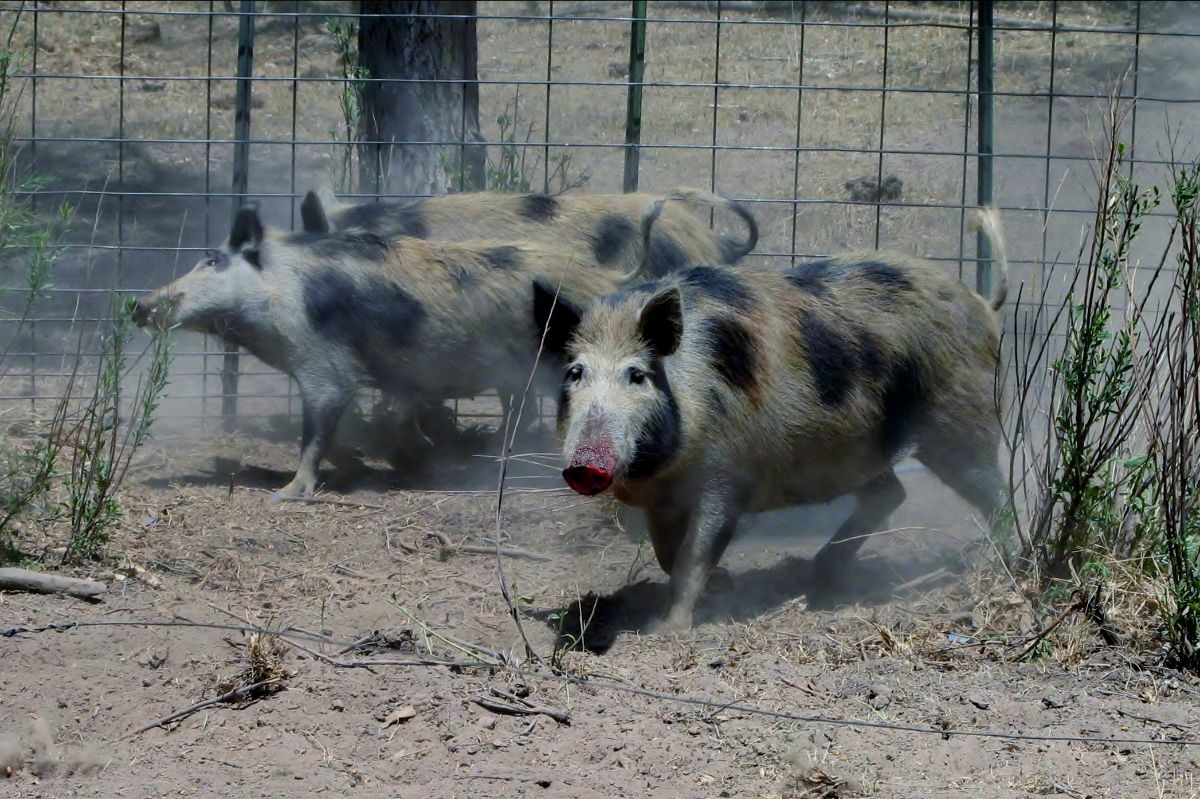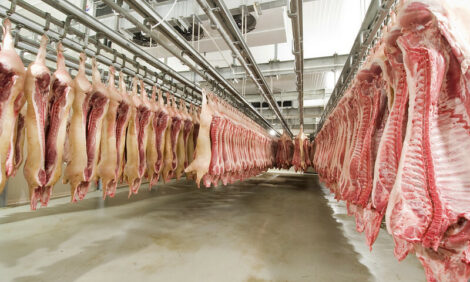



Feral swine in Colorado test positive for pseudorabies
Pseudorabies is a fatal disease that can be spread to other livestock
© Colorado Parks and Wildlife
The discovery is prompting CPW and the Colorado Department of Agriculture (CDA) to remind the public that it is illegal to bring invasive species such as feral swine into Colorado.
“This is exactly why we have worked so hard to eliminate free-roaming feral swine from Colorado,” said Travis Black, CPW’'s Regional Manager for the Northwest Region based in Grand Junction and an expert on feral pigs. “Roaming wild, feral swine destroy agricultural crops, wildlife habitat and out-compete native species for food.
“And feral swine kept on farms pose a huge risk to other animals by spreading diseases such as pseudorabies, as in this case," he added.
On 3 September, a team of CPW officers led by Black, who was then Deputy Regional Manager for the Southeast Region based in Colorado Springs, and Area Wildlife Manager Cody Wigner descended on a small farm east of Colorado Springs after reports the homeowner was raising feral swine illegally imported from Texas.
The CPW team found three of the wild pigs in a small barn and euthanized them. Blood samples were sent to a lab for analysis. Test results showed the presence of pseudorabies, a contagious herpes virus that causes reproductive problems including abortion and stillbirths. The disease also causes respiratory problems and occasional deaths in breeding and finishing hogs. Besides swine, it can spread to cattle, dogs, cats, sheep and goats.
The homeowner cooperated with the CPW investigation and was cited for illegally transporting and possessing the prohibited species. Each is a misdemeanor charge and carries a fine and surcharge amount of $137 per animal.
CPW is working with the US Department of Agriculture’s (USDA) Animal and Plant Health Inspection Service (APHIS) to trace the pigs back to their original herd in Texas to stop further spread of infected swine.









